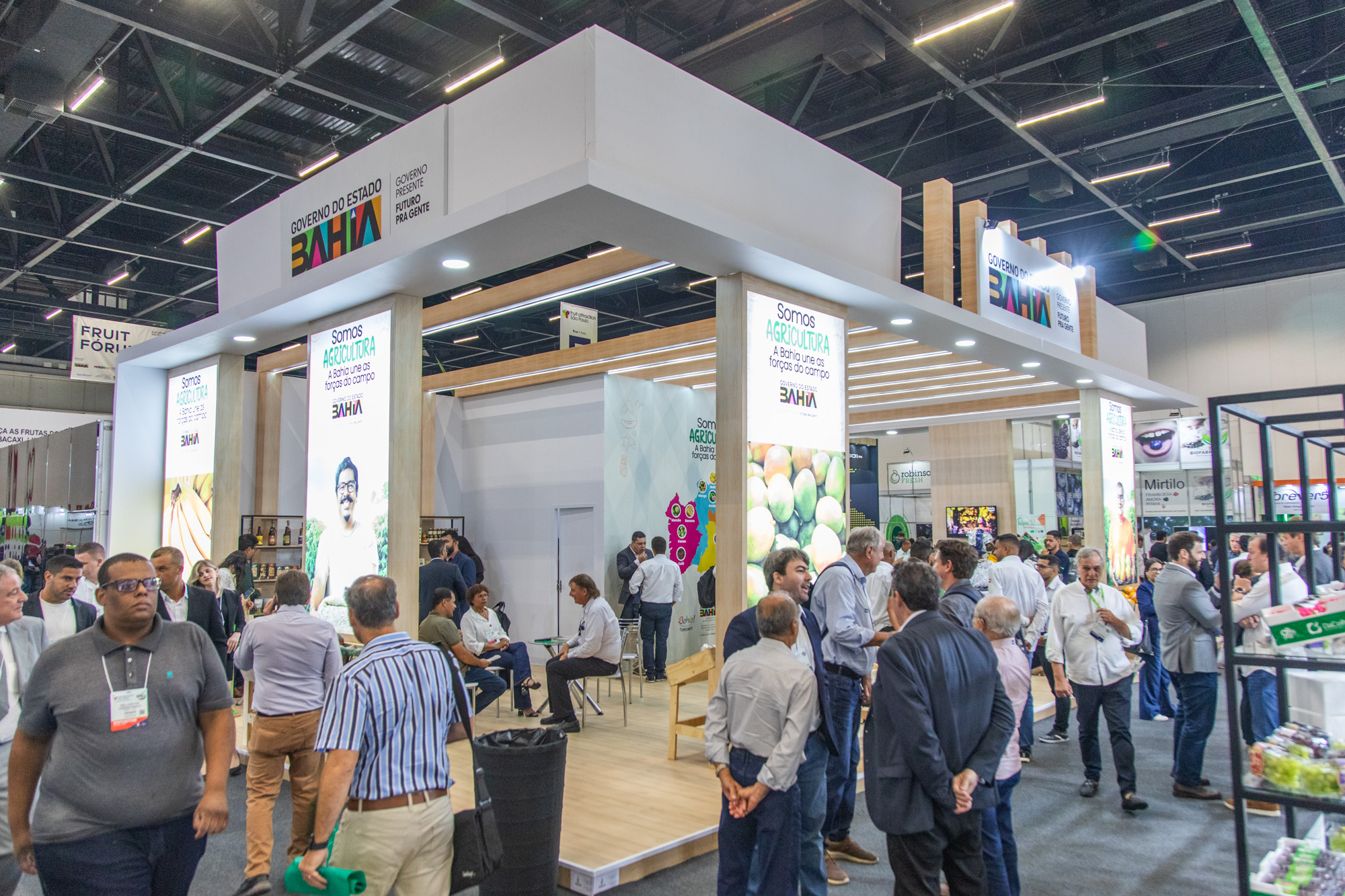
Bahia: Leader in Productivity and Exports in National Fruit Farming
Bahia: Leader in Productivity and Exports in National Fruit Farming
Bahia stands out as a beacon of success in national fruit farming, with consolidated hubs for export and high productivity rates in irrigated areas, especially in the North region. In 2023, Bahian fruit exports exceeded US$ 253,649,932, generating a financial flow of approximately R$ 1.3 billion. The main markets for Bahian products were the European Union, the United States, and the United Kingdom.
The expansion of fruit farming in Bahia is driven by a combination of favorable climate, available areas for irrigation, and the possibility of obtaining two or more harvests per year. In addition to tropical fruits such as grapes and mangoes, the altitude of the Chapada Diamantina has attracted producers to the cultivation of temperate climate fruits, such as plums, strawberries, persimmons, and grapes for the production of fine wines.
In 2023, Bahia represented 19% of the national fruit export, surpassing by 55% the value exported in 2022. The fresh fruits from Bahia most sold abroad in 2023 were mangoes, followed by grapes, lemons and limes, and papayas.
Bahia is the largest producer of mangoes in Brazil, with a production of 663,814 tons in 2022, and the fourth largest producer of grapes, with a production of 75,664 tons. In 2023, Bahia exported the equivalent of 126,011,036 Kg of mango, surpassing the volume exported in 2022 by 18.21%, and generated US$ 155,456,654 with the export of this fruit. The main destinations for Bahian mango were the Netherlands, followed by the United States, Spain, and the United Kingdom.
The Secretary of Agriculture of Bahia, when commenting on the success of fruit farming in the state, highlighted: “This is a result of the hard work of our producers and the commitment of the state government in providing the necessary support to ensure that Bahia continues to be a leader in fruit production. We are committed to continuing to support our producers and to promote sustainability in our agricultural industry.”
Since April 2023, technical cooperation agreements signed between Seagri, Brazilian Service of Support for Micro and Small Enterprises (Sebrae), National Rural Learning Service (Senar), and Brazilian Association of Fruit Producers and Exporters (Abrafrutas) provide guidance and monitoring of the fruit fly, the main pest threatening mango plantations in the northern region of Bahia. Three million reais were invested, through three cooperation agreements, in this work to combat the fruit fly.